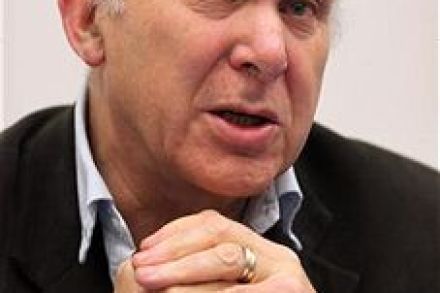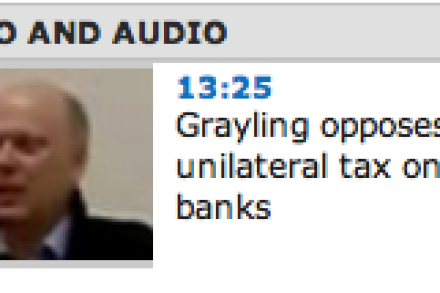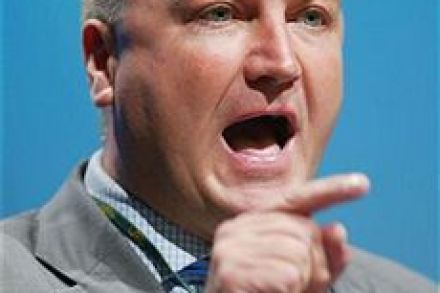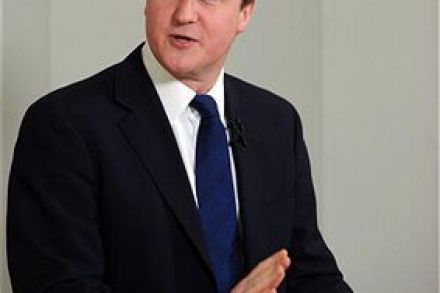Not the main event
Cameron was scarcely trying at PMQs today. Show up, look a bit cross, slip in a joke or two, then sit down and wait for the Budget. That was his plan. When the PM offered his congratulations on BabyCam, the opposition leader quoted a text he’d received – ‘How do you find time for these things?’ Making this wisecrack seemed more important to him than attacking the PM. His tactics were odd, out of touch, retrospective. He asked about Brown’s attempts to conceal the evidence that, as chancellor, he flogged the nation’s gold too cheaply and blew vast sums in potential profits. Brown’s bungling over the bullion billions should be














